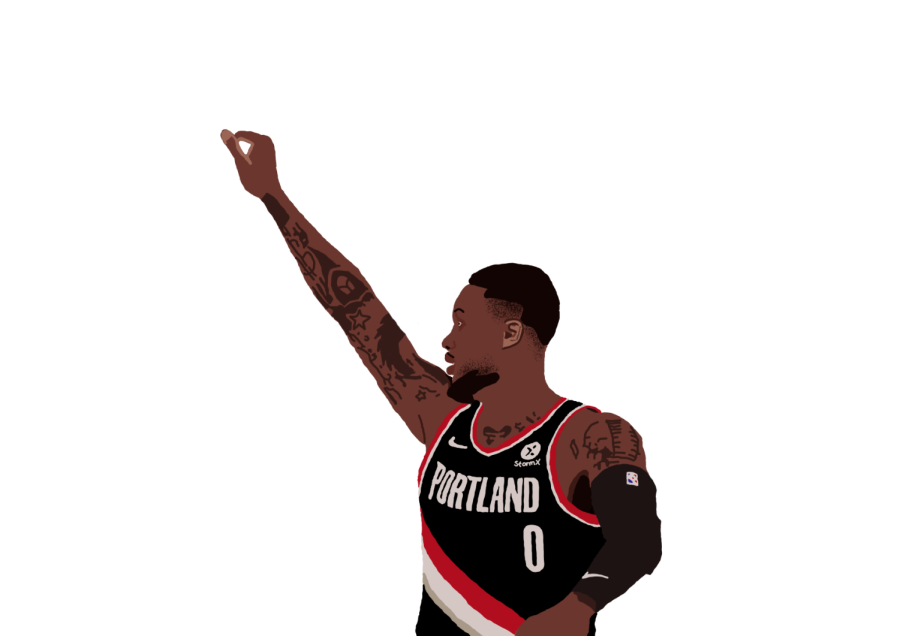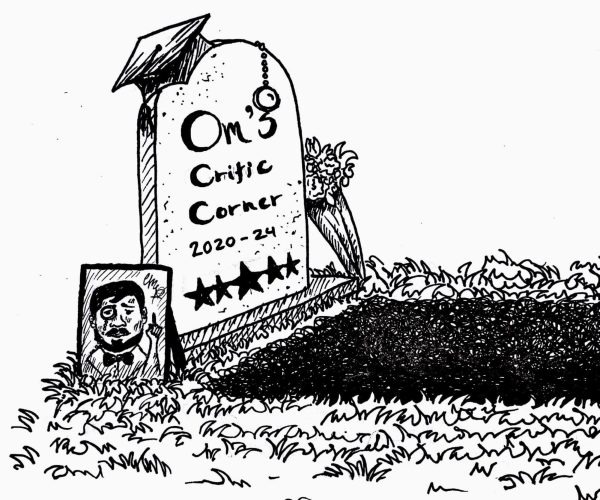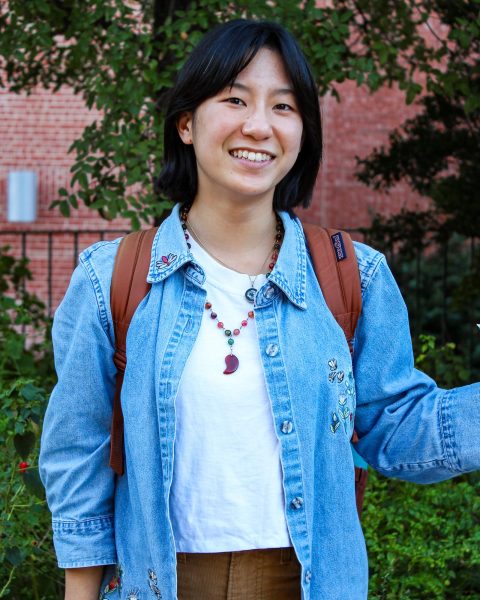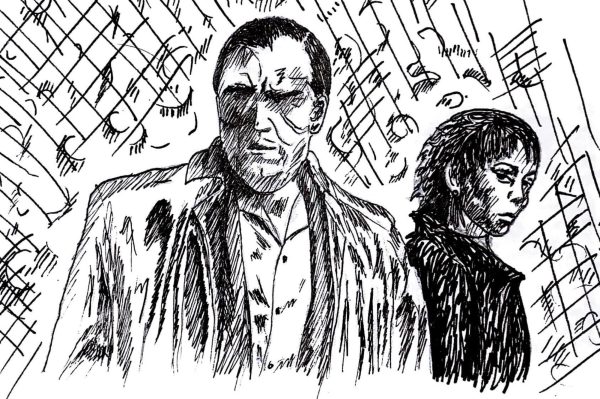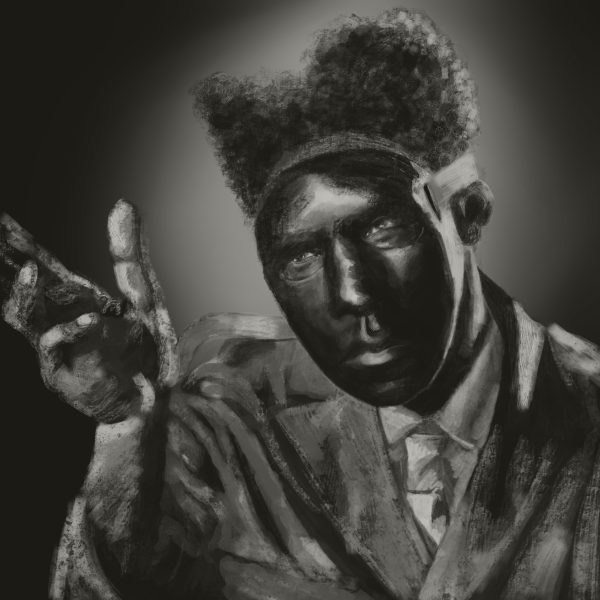Tattoo reproduction in video games
How video game companies are discrediting tattoo artists and infringing upon their rights
A major question has resurfaced in the art community lately: Can a video game depict an athlete’s tattoos without permission from the artist who created and tattooed the design?
James Hayden, owner of Cleveland’s Focused Tattoos, has tattooed many athletes, including LeBron James, Tristan Thompson, Kyrie Irving and Danny Green.. Although Hayden’s designs are registered with the U.S. Copyright Office and thereby protected by law, the video game developer 2K Games has reproduced the designs without giving Hayden credit.
Hayden first filed suit in federal court in Cleveland in December 2017 against 2K Games and Take-Two Interactive Software. He later stated that his works were copyrighted in three iterations of the esports game: “NBA 2K 2016,” “NBA 2K 2017” and “NBA 2K 2018.” These games feature over 400 NBA players, including those tattooed by Hayden.
The game created hyper-realistic depictions of these players for basketball fans worldwide to simulate the NBA experience. 2K Games has argued that the designs were not original and did not warrant a copyright, as some included commonly drawn star and lion designs. In addition to this, the athletes tattooed by Hayden are just a select few out of the hundreds of players included in the video game.
2K Games has also stated that because the players had paid Hayden for the tattoos, it warrants the permission to be displayed in all forms of media, ranging from photographs and television to video games. This supports their argument that Hayden knows the large media presence that these players hold, and that the artist’s permission is therefore implied.
According to the court’s decision, the designs were usable under de minimis use. De minimis is a legal term, derived from a Latin expression meaning “pertaining to minimal things.” This is used when the defendant’s use of the copyrighted work is so minor that a viewer would be unlikely to recognize the infringing use of the material. The court found that since the tattoos were not the primary focus of the game and only appeared for a limited amount of time, there was no infringement occurring.
When asked about the controversy, some of the players themselves have voiced their opinion on the matter. “My tattoos are a part of my persona and identity,” Lebron James said in support of 2K Games. “If I am not shown with my tattoos, it wouldn’t really be a depiction of me.”
Hayden’s case isn’t the only one calling for action to be taken against 2K Games and its affiliated companies. In Illinois, tattoo artist Catherine Alexander is suing the same company over its depiction of the designs she produced for WWE wrestler Randy Orton.
The lawsuit was filed in 2018, where Alexander argued the reproduction of her art was copyright infringement and that she never gave any game development companies permission to recreate these designs. She stated that she had produced multiple tattoo designs on Orton between 2003 and 2008. She had previously contacted WWE about featuring her work without her permission, to which WWE offered $450 for rights to reproduce the material. Alexander rejected this offer.
This week, a conclusion was finally reached in this trial — the jury has ruled in favor of Alexander. U.S. District Judge Staci M. Yandle issued an order saying, “It was undisputed that Alexander holds valid copyrights for the five tattoos at issue and that Defendants copied her copyrighted works.” The ruling determined that Alexander was entitled to $3,750 for the use of her designs.
This is a complicated development for the entire art and media community. These issues are not limited to video game reproductions but can go as far to challenge the presentation of others’ art in motion pictures and photographs. It holds a great effect on the ability of individuals to license their art and for content developers to realistically depict the art on a subject of interest. Even if the jury does rule in the artists’ favor, the compensation received can be quite discouraging. This situation also impacts the willingness of artists to speak up for themselves, knowing that previous cases have diminished their work and that the court often does not see these situations as worthy of pursuit.
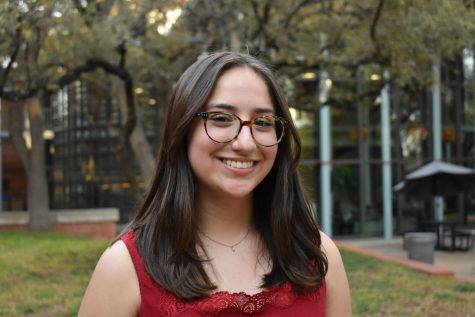
My name is Abby Hernandez and I’m a Neuroscience major with plans to pursue a minor in Art History. I am so excited to be an arts and entertainment...
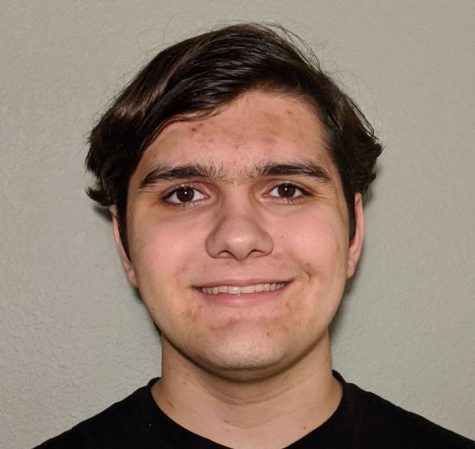
I'm Tony Rodriguez! I'm a junior from San Antonio, TX, majoring in math, and I worked as a copy editor for the Trinitonian about two years ago and am now...

